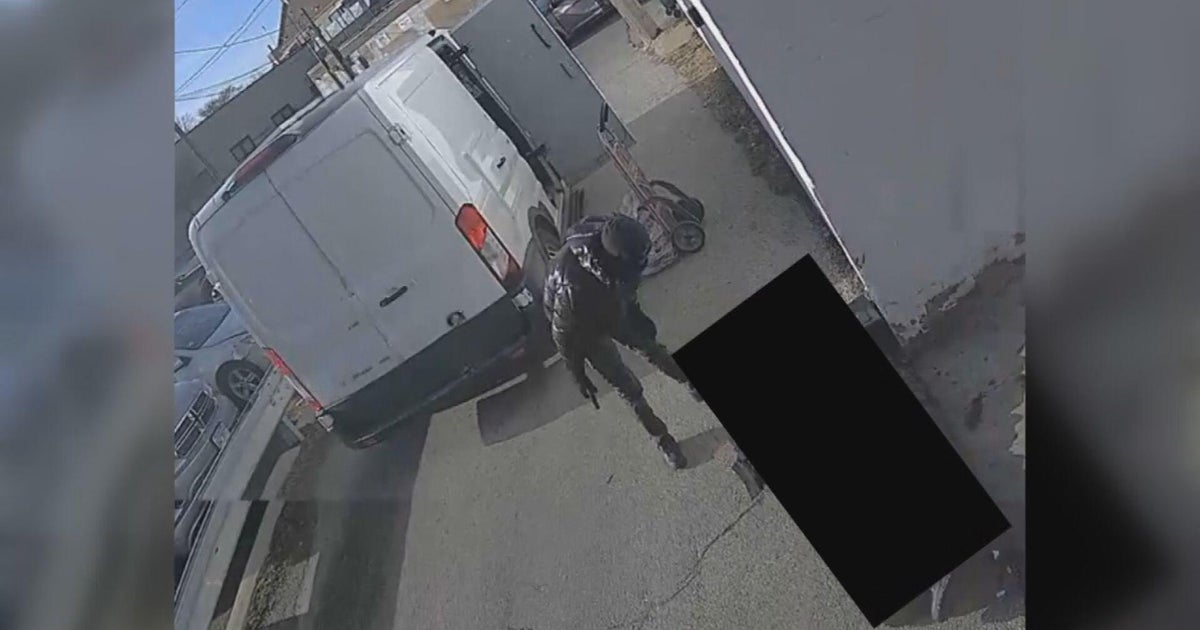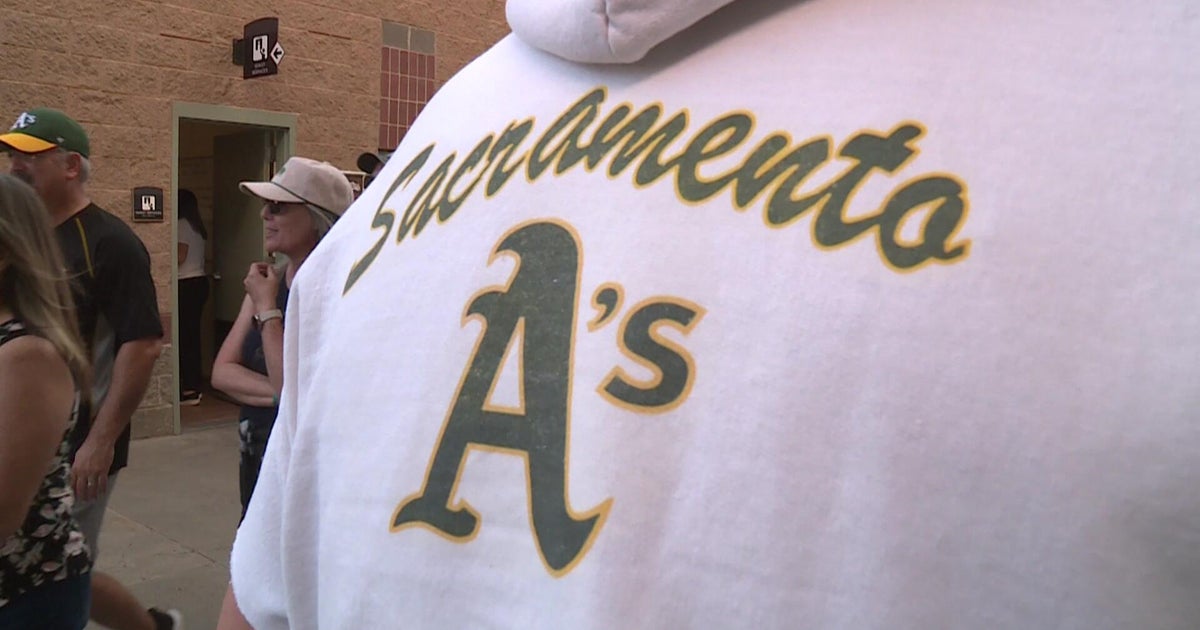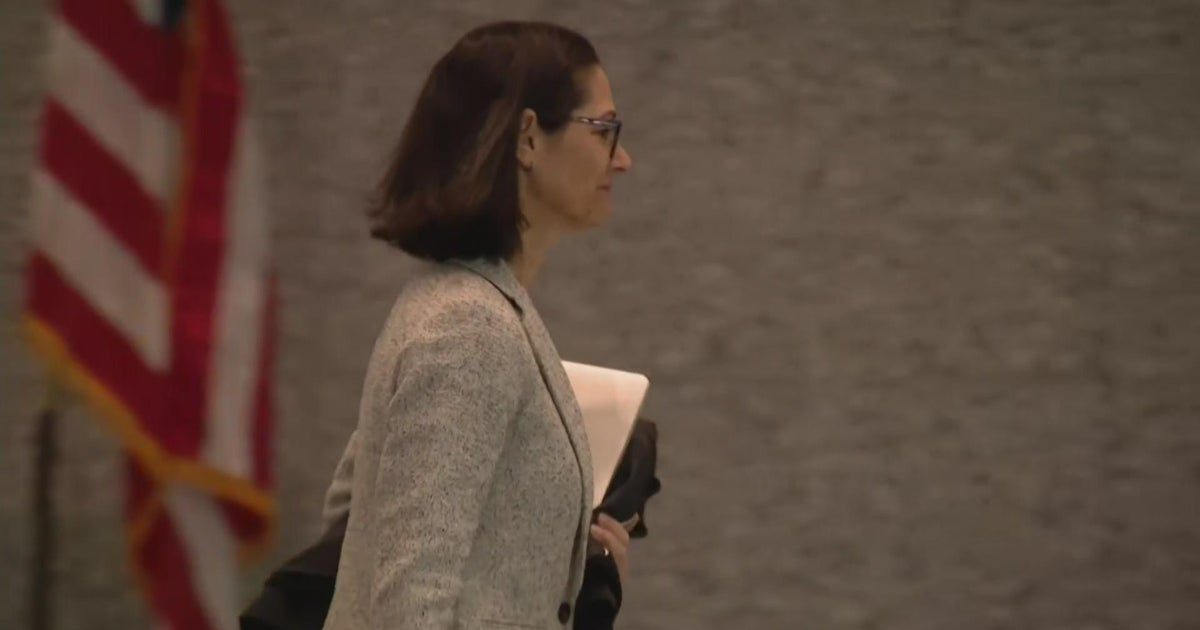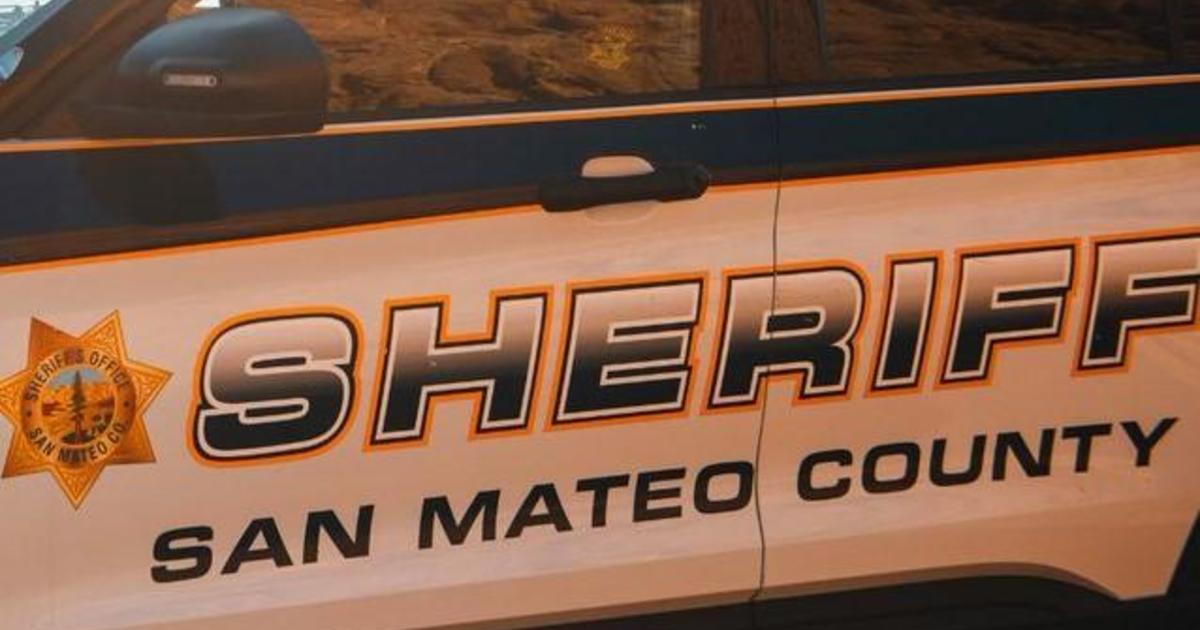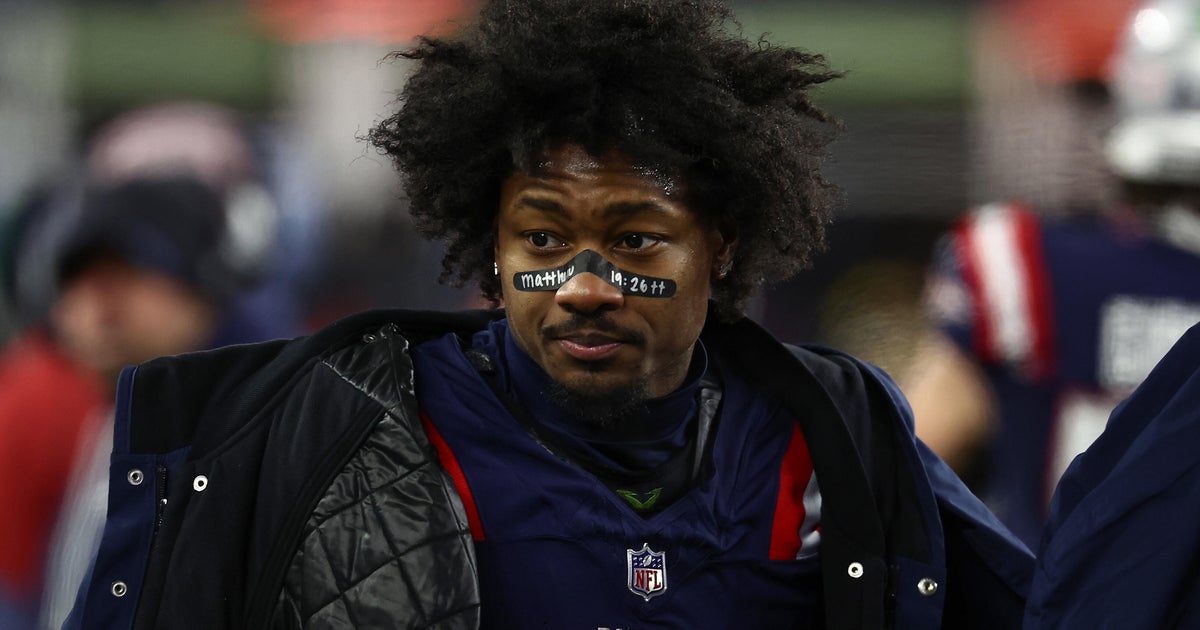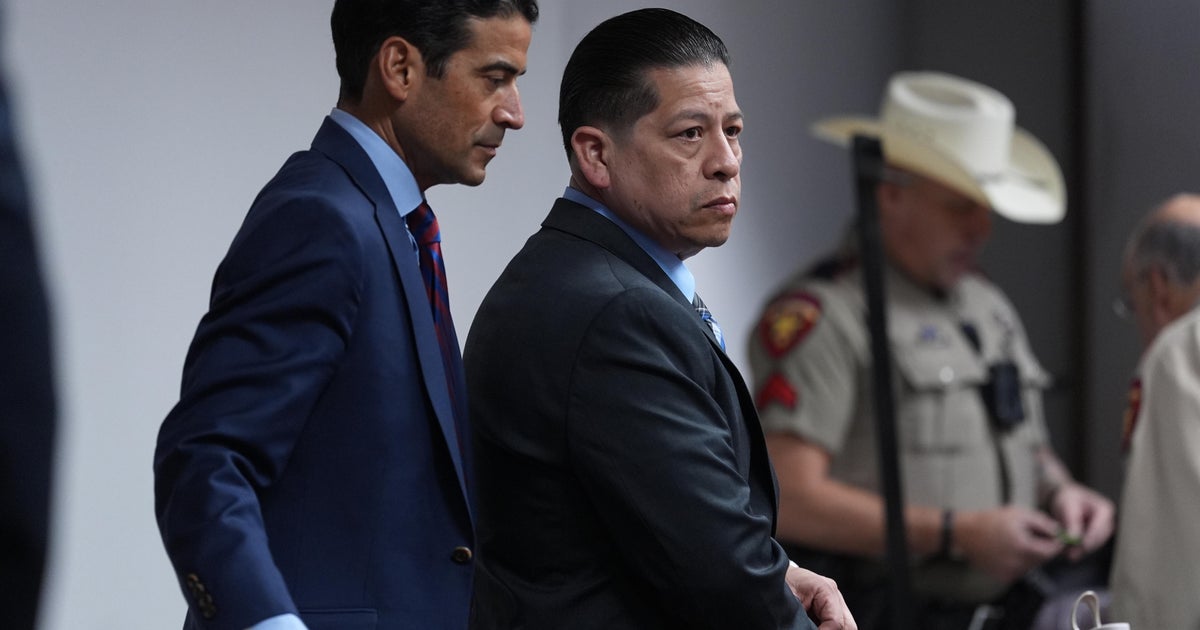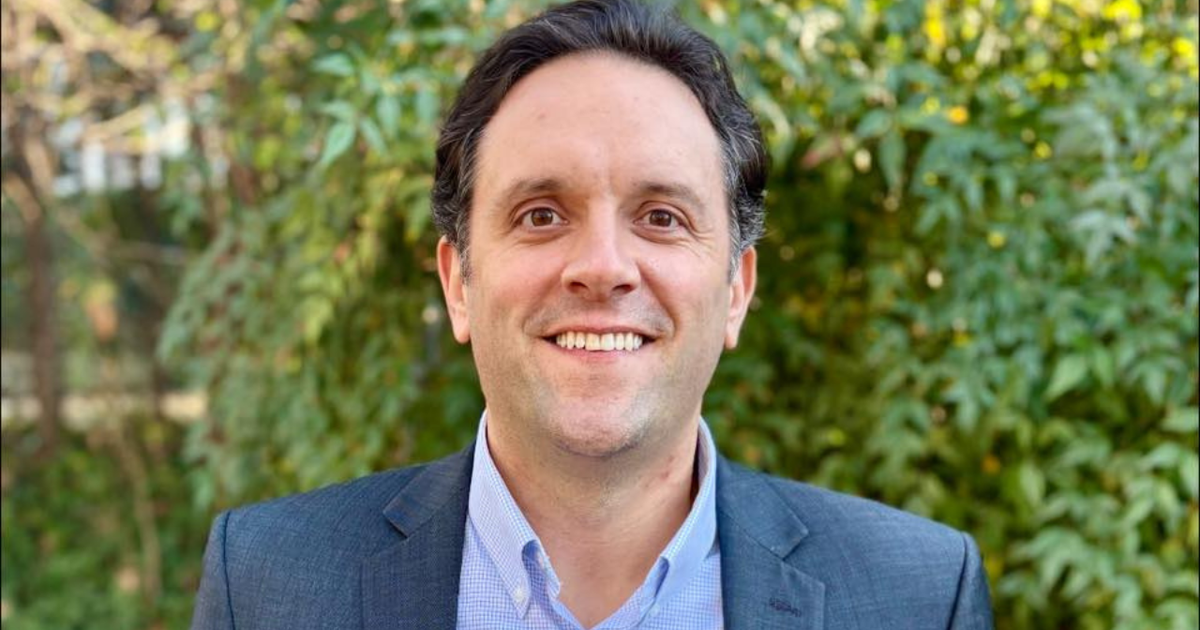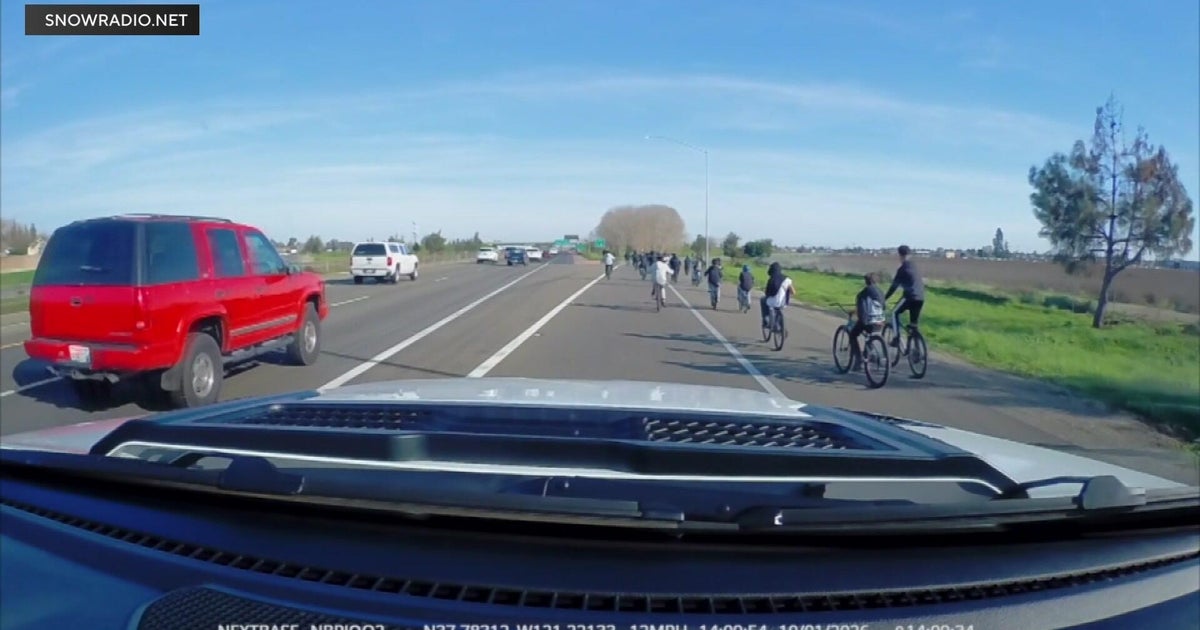Judge Rejects O.J. Simpson's Bid For A New Trial
LAS VEGAS (CBSMiami/AP) - A judge in Las Vegas rejected O.J. Simpson's bid for a new trial on Tuesday, dashing the former football star's bid for freedom.
Simpson based his claim on the fact that his original lawyer, Miami-based attorney, Yale Galanter, botched his armed robbery and kidnapping trial in Las Vegas more than five years ago.
"All grounds in the petition lack merit and, consequently, are denied," Clark County District Judge Linda Marie Bell said.
Simpson's current lawyer Patricia Palm said she wanted to speak to Simpson before commenting on the decision.
Simpson could appeal to the Nevada Supreme Court. If he loses at that level, the 66-year-old Simpson could go to the federal courts to argue his constitutional right to effective counsel was violated.
The 101-page ruling came after a Clark County District Court jury found Simpson guilty in 2008 of kidnapping, armed robbery and other charges in what he maintained was an attempt to retrieve memorabilia and personal items from two sports collectibles dealers in a casino hotel room.
It followed a small victory for Simpson in July, when Nevada parole commissioners granted parole on five concurrent sentences. The parole ruling didn't free Simpson, because he still faces at least four more years for other convictions in the case.
Simpson was handcuffed and jailed following his conviction on Oct. 3, 2008, and sentenced in December 2008 to nine to 33 years in a Nevada state prison.
His conviction in Las Vegas came 13 years to the day after he was acquitted of murder in Los Angeles in the 1994 stabbing deaths of his ex-wife, Nicole Brown Simpson, and her friend Ronald Goldman, and almost seven years after a jury in Miami acquitted him of all charges in a Florida road rage case.
Simpson's legal defense in Las Vegas was headed at trial by Galanter, who also represented him in the 2001 road rage case. Attorney Gabriel Grasso served with Galanter as co-counsel in Simpson's Las Vegas case.
Simpson's attorneys in his plea for freedom are Palm, Ozzie Fumo and Tom Pitaro.
Bell's ruling came on their claim that Simpson received inadequate legal representation during his trial and unsuccessful appeal to the Nevada Supreme Court. That appeal was handled by Galanter after Grasso withdrew.
The judge considered a 94-page petition for a new trial and heard five days of testimony in May from 15 witnesses including Simpson, Galanter, Grasso and other lawyers involved in the trial.
Simpson's new legal team later said they believed they presented overwhelming evidence that Galanter knew in advance of Simpson's plan, had conflicted interests that shaped the way he handled Simpson's case, and that as a result Simpson didn't get a fair trial.
Palm, Fumo and Pitaro sought to show that Galanter advised Simpson it was OK to take back his items and should have stepped aside so he could be called as a witness for Simpson's defense.
Instead, they said, Galanter advised Simpson not to testify, failed to hire experts and investigators to help his case while pocketing much of the nearly $700,000 they say he was paid, and reached a pretrial agreement with prosecutors not to enter evidence into the trial record of phone calls that raised questions about whether he had knowledge of the heist.
Finally, Simpson's legal team said that by remaining on the case through the appeal, Galanter nearly precluded Simpson from ever arguing he had ineffective counsel.
Simpson spent an entire day recounting how he now believes Galanter misled him, including telling him it was OK to retrieve family photos and memorabilia he thought had been stolen from him after his acquittal in Los Angeles in 1995.
A shackled Simpson was noticeably grayer and heavier in May than when he was last seen in public. His testimony was his first in the case.
Simpson said he and Galanter talked over dinner in Las Vegas the night before the ill-fated September 2007 hotel room confrontation, and that Galanter advised him that it was his legal right to retrieve personal items as long as no force was used and no one trespassed.
"It was my stuff," Simpson said. "I followed what I thought was the law. My lawyer told me I couldn't break into a guy's room. I didn't break into anybody's room. I didn't try to muscle the guys. The guys had my stuff, even though they claimed they didn't steal it."
During his parole hearing in July, Simpson said he was sorry for his actions and said he had made amends with the two memorabilia dealers who were victimized in the heist.
"I just wish I never went to that room," Simpson said.
Galanter dramatically contradicted Simpson's account two days later. He took the stand and told the judge that he was surprised when Simpson told him that he and several other men were planning a "sting" the next morning to take back mementos.
The attorney denied giving Simpson the go-ahead to try to retrieve the items, which included photos and signed footballs that Simpson believed, had been stolen from him.
"I said, 'O.J., you've got to call the police,'" Galanter testified.
Galanter disputed Simpson's claim that he was never informed about plea bargain discussions with prosecutors that could have resulted in a prison sentence of just a few years.
Galanter also testified that Simpson later confided to him that he knew some of the five men with him the night of the robbery had guns.
Simpson maintains to this day that he never asked anyone to bring guns or saw weapons in the cramped hotel room with nine men yelling profanities at each other and scooping up items arrayed on a king-sized bed.
"Mr. Simpson never told me he was going to go to the Palace (Station) hotel with a bunch of thugs, kidnap people and take property by force," Galanter said at one point. "To insinuate I, as his lawyer, would have blessed it is insane."
Pitaro subjected Galanter to a withering cross-examination aimed at showing the judge that Galanter's word couldn't be trusted. The new Simpson lawyer argued that Galanter was more interested in keeping himself out of the case than in representing his client.
"What Mr. Galanter has done is, this man has received over a half-million dollars and has put his interest, his financial interest, above the interest of his client," Pitaro said.
Galanter received more than $500,000 from Simpson for trial representation and another $125,000 to handle his appeal to the Nevada Supreme Court, according to testimony from other lawyers involved in the case.
But they said Galanter failed to hire an investigator or have experts examine crucial evidence including audio tapes that jurors later said convinced them of Simpson's guilt.
